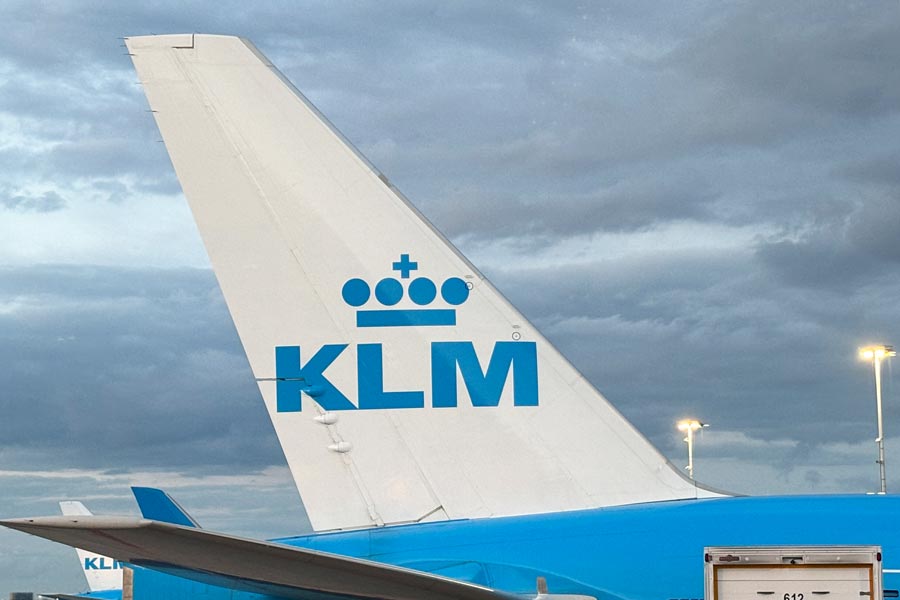
KLM Cancels Hundreds of Flights from Amsterdam Schiphol Due to Snow and De‑icing Fluid Shortage
NTT Docomo and Space Compass announced on June 3rd that they have entered into a capital and business alliance with Airbus and its subsidiary AALTO, which designs and manufactures High Altitude Platform Station (HAPS) systems, aiming for the commercialization and global deployment of the HAPS business. A consortium involving Mizuho Bank and the Japan Bank for International Cooperation will invest up to $100 million in AALTO through HAPS JAPAN.
HAPS is a platform that operates unmanned aerial vehicles (UAVs) equipped with communication and observation equipment flying in the stratosphere at altitudes of 20 to 50 km, acting as aerial communication hubs. While typical terrestrial base stations cover a radius of several to several tens of kilometers, HAPS can cover a radius of several hundred kilometers with a single unit. Moreover, it can provide coverage in areas difficult to reach by terrestrial base stations, such as over the ocean or in mountainous regions, and is expected to be useful for disaster response as it is unaffected by earthquakes or typhoons.
NTT Docomo and Space Compass aim to commercialize HAPS by 2026 using the UAV ‘Zephyr’ developed by AALTO. Zephyr resembles a glider with a wingspan of 25 meters and a total weight of 75 kilos. Solar panels cover the entire aircraft, utilizing solar power for propulsion. As it flies in the stratosphere, it can generate power without being obscured by clouds, and uses battery-stored power for night flight.
In 2021, a continuous flight of 18 days and a communication demonstration from the stratosphere were successfully completed. In 2022, a continuous flight experiment of 64 days was conducted in the stratosphere, simulating actual operations. Going forward, domestic flights and communication demonstrations will be conducted towards commercialization.
According to Space Compass, there are currently no practical level HAPS anywhere in the world, and if commercialization succeeds, it would be the first such case globally. CEO Shigehiro Hori of Space Compass said, “After repeated experiments with radio waves and flights, we have finally approached the stage of commercialization,” and expressed confidence by adding, “We aim to be the first in the world to operationalize HAPS and expand globally from Japan.”
AALTO was spun off from Airbus in May 2022 and is based in Farnborough, UK.